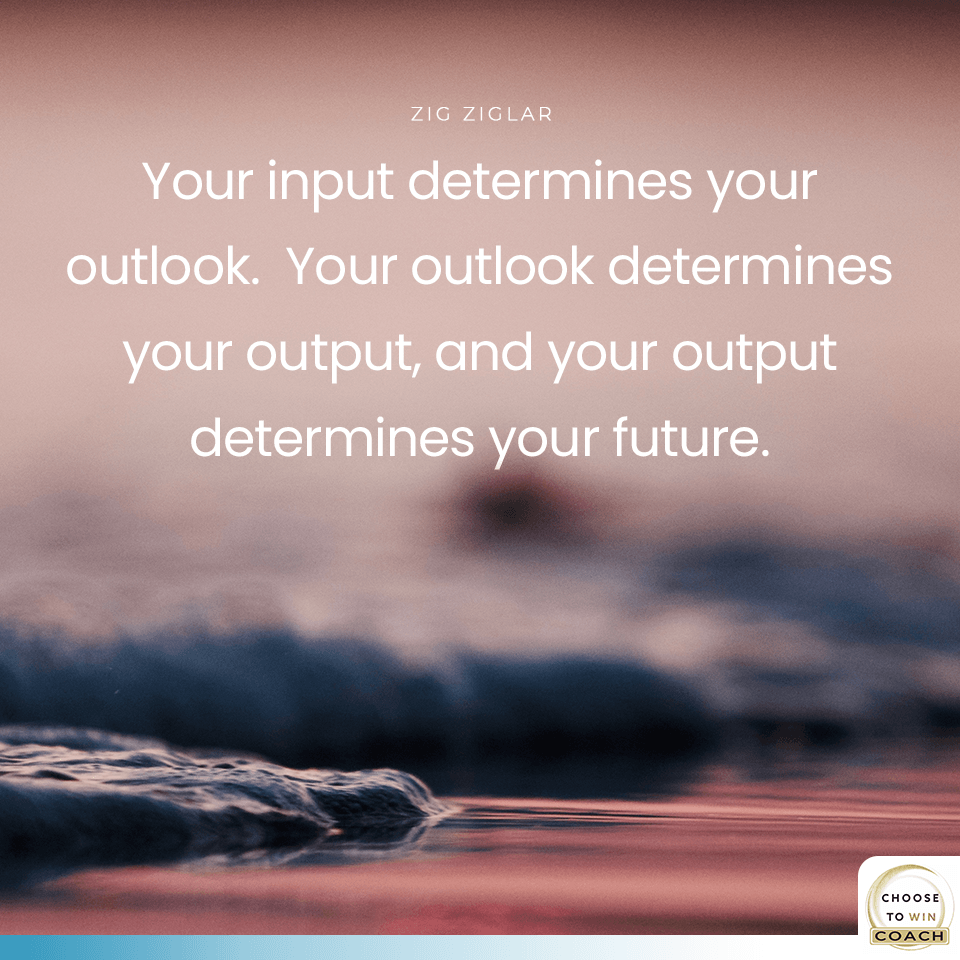The Most Important Reasons Why “Live and Learn” is Keeping You Stuck
There are a lot of old sayings that I have heard my whole life that I am working on unlearning. A few that come to mind are, “If you don’t have anything nice to say, don’t say anything at all, big boys don’t cry, and live and learn.” We could debate and could write about why each of these doesn’t fit in today’s world but for today I want to tackle only the last one.
Live and learn. It seems like an innocuous and mundane enough statement that it’s hardly worth consideration. So why am I asking you to not ignore it? Because I think it is a major cause for you and me, and many other people we know, to stay stuck in the same ruts day after day and year after year. “Why?” You may think. Because it gives us an excuse to stay where we are And as Peter Shilton says, “If you stand still, there is only one way to go and that is backward.” It doesn’t have to be that way. Keep reading.
To me, when someone says to live and learn they are making an excuse for why something other than the best happened. To say the same thing a different way, here is what I believe the hidden message behind this statement is: “Oh well, I tried. Too bad it didn’t work out, but I’ll try harder next time.” WRONG! My friend, I believe you, I, and we can and should do better.
The problems with accepting this mindset are several if not many. First, we are saying to ourselves that we can’t do better and get better and that most things happen TO us and not FOR us. Next, it’s a mental shrug of the shoulders and a verbal “oh well” that has long-term subconscious repercussions. And finally, it accepts failure without trying to do anything about it.
I want to encourage you to do better and be better. And it is not difficult to do. It simply requires self-awareness, mindfulness, and a positive attitude. It requires you to view failure as an event rather than a person, as the great Zig Ziglar said. Most importantly, I want to mentor you to learn from the past but not to live in it.
You see, if you’re like me, it’s easy to dwell on past failures and wish we would have done or said things differently or made a greater and more concentrated effort to do our best. Thinking about these things in and of itself is not harmful, but dwelling on them and not learning from them over time can do a great deal of damage. This is why it is so critical to develop the mindset of gaining control of your failures rather than becoming a victim of them.
Here is what I believe: Your failures of the past only control your future results to the degree that you allow them to remain in the present. I like that so much, I just shared it on social media! Your tomorrow begins today and it begins by learning from past mistakes and resolving to not allow those to control your future, but rather to make you better today, which over time will make you unstoppable in the future. The result will be that instead of reluctantly living and learning, we can from heretofore resolve to confidently say, “Live and Learn – and get smarter every day!”
Here is the simplest and easiest way I know to make past failures work in your favor for the future. Michael Hyatt calls it an after-action review. I believe he borrowed it from the military. Depending on the scope and scale of the situation, this can be done by yourself in a journal or on a tablet, or as part of a team or family meeting to involve everyone involved in the event. There are four simple steps and/or questions to ask. The questions are simple but don’t move off of them too quickly because this is where the future results begin to change. Here they are:
- What did I/we do well?
- What did I/we do poorly?
- What do I/we need to keep doing (better)?
- What do I/we need to stop doing?
I promise you if you will make this a part of your self-evaluation beginning today, you will never be stuck again. You will be forever moving forward and will have no reason to dwell on the past ever again except to use it as a wise teacher who shows you how to be and do better every day. Why would you wait another day to start? Your future is waiting.
Did you enjoy this article? If you haven’t already, please be sure to subscribe to this blog, where I post every Tuesday. You can also get additional free content by subscribing to my YouTube channel or following me on Facebook, Twitter, Instagram, or LinkedIn.
I also invite you to review my coaching page on my website here. I have only a couple of spots left in my Personal Development Coaching Practice. Each week I offer two free strategy sessions on a first-come, first-served basis to people interested in exploring how to become a person who pursues their goals and dreams. These special hour-long sessions prove again and again to be invaluable to those who participate. You can book these directly on my coaching page – I look forward to serving you.










